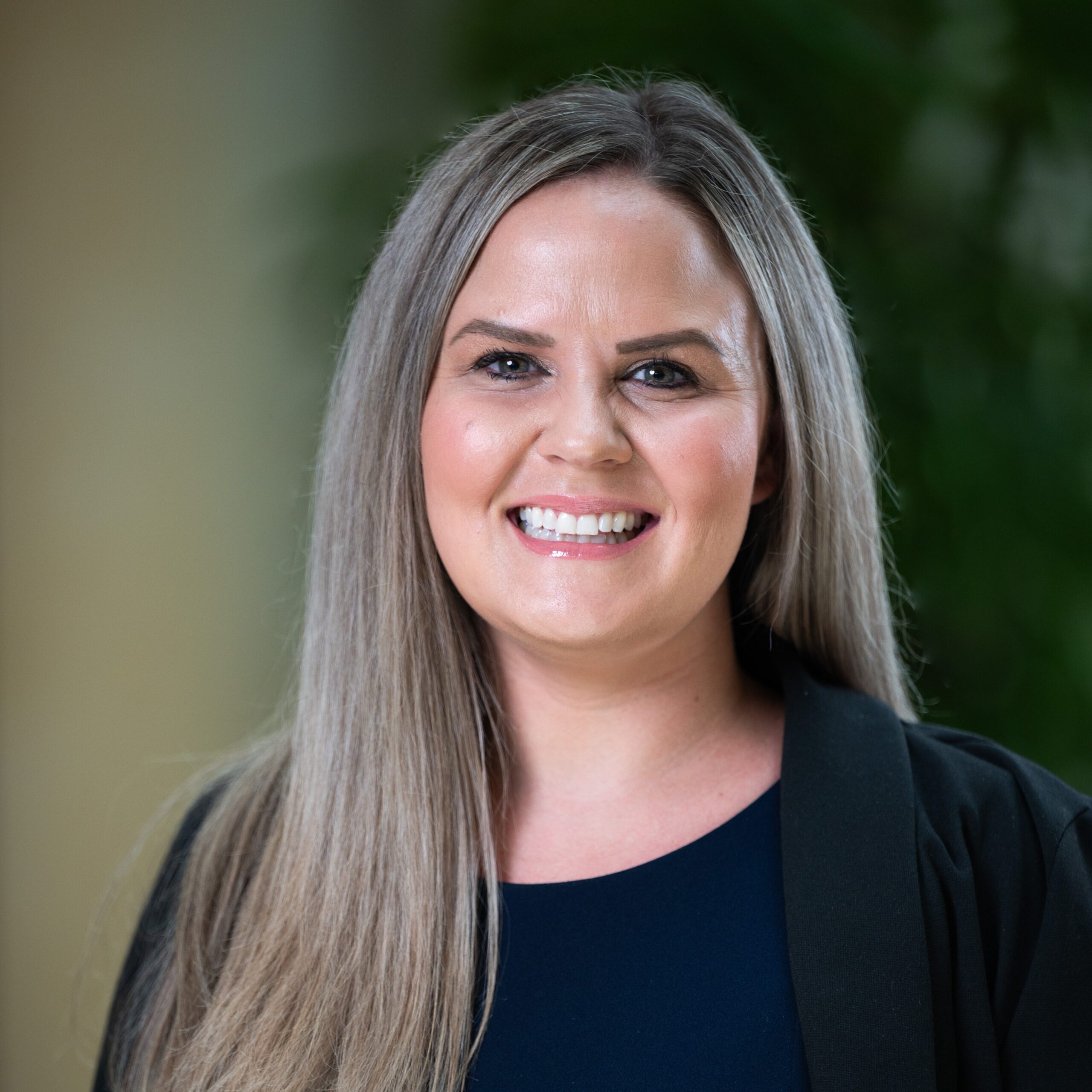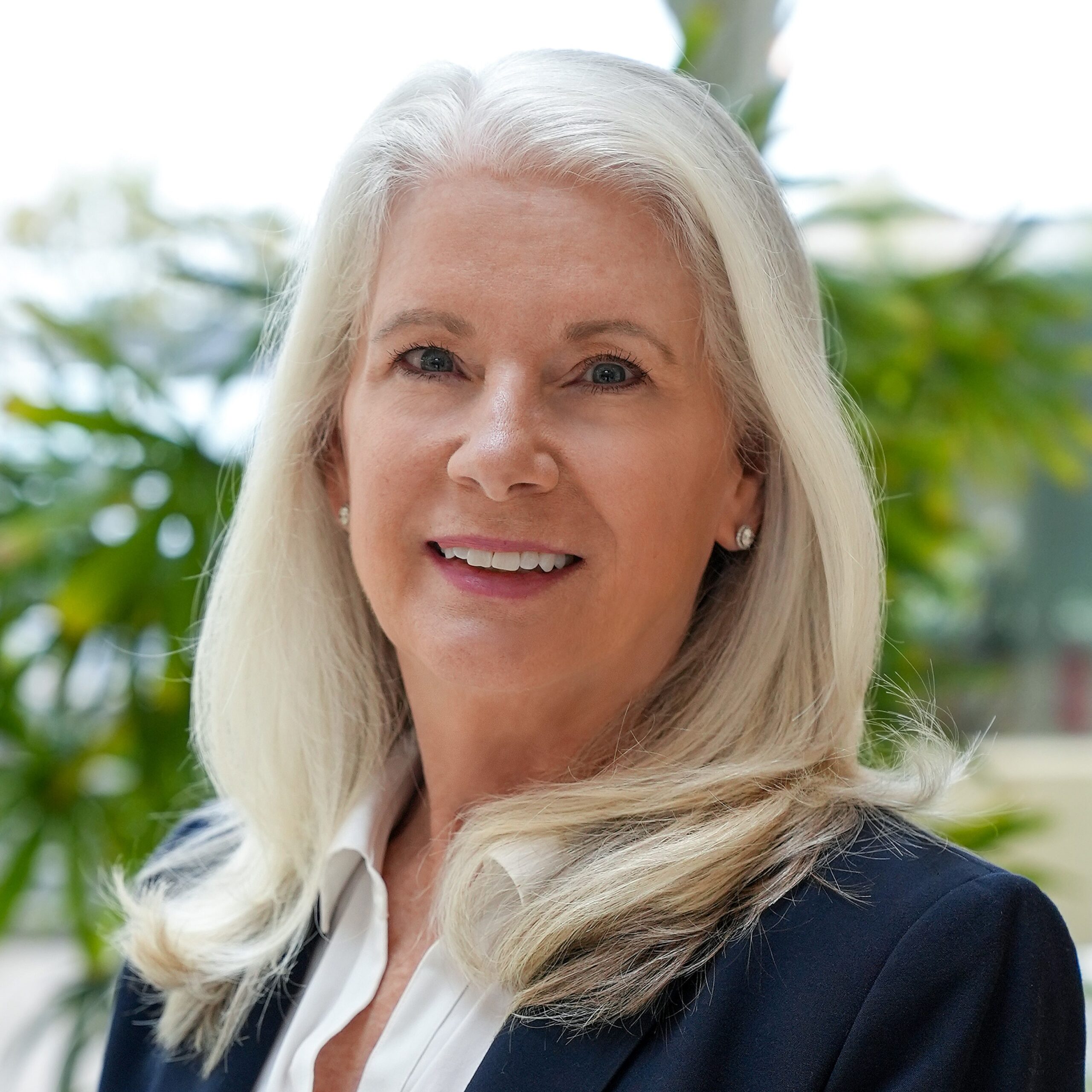Supporting long-term mental health solutions for physicians and advanced practitioners.
While the numbers have decreased in recent years, almost 50% of physicians report feeling burned out according to Medscape’s Burnout & Depression Report 2024.
While the report recognizes an increase in well-being awareness, pandemic-related issues have exacerbated existing stressors. The American Medical Association has cited administrative burden, system inefficiencies, and increased regulation requirements as factors contributing to physician burnout.
The healthcare workforce navigates unique physical, emotional, and ethical challenges daily, including long, irregular hours in difficult work environments, resource shortages and high clinical demands, routine exposure to suffering and emotionally difficult situations, and policies that interfere with clinical decision-making with patients.
Acknowledging a serious issue.
Dr. Kellie Stecher is one of the founding members of Patient Care Heroes, an organization focused on sharing the stories of practitioners who are experiencing mental health conditions. She joined Ted Weyn on the Heroes of Healthcare podcast to discuss some of those findings.
“Mental health is such an issue right now. We’re seeing the rates of burnout, anxiety, depression, and physician suicide increase. Sadly, also among nurses. We’re losing a lot of amazing individuals just saying ‘I’ve had enough; I’m not going to be in healthcare any longer.”
- Dr. Stecher
Research indicated approximately 35% of physicians will leave their roles in the next five years. The emotional toll and the demanding nature of medicine are the major factors, just behind compensation and family needs. The physician shortage is likely to exacerbate issues of burnout as there will be fewer clinicians to provide care.
Providing much needed support.
Piedmont is one example of what can be done to meet the needs of physicians and advanced practitioners. The organization offers access to free counseling, coaching, financial services, and a work-life concierge through Vital Work Life. The services are not clinically based and are confidential. Each hospital has a wellness committee while clinic practices have a singular wellness committee. Many facilities also include quiet rooms which provide spaces for providers to find peace and rest.
“Our employee well-being team partners closely with DEI and ensure everyone is feeling seen and heard. We have veterans who might be desensitized because this is a different kind of battleground. We want to ensure we are supporting them,” says Jennifer Lavoie, director of employee well-being at Piedmont.
But even when support is offered, many health care professionals have difficulty asking for it.
“I think there is a stigma around mental health in this industry and often the people who provide care forget about self-care for themselves,” says Asia Hernandez, physician experience coordinator within Piedmont’s human resources. Hernandez manages the work-life balance programs at Piedmont, which operates 1,871 clinic practices and 22 hospitals.
“I’m so grateful to work for a healthcare system that is addressing all of the potential outcomes of the covid outcomes, including PTSD, with programs. We are all very concerned about this,” Lavoie says.
Recognizing the ongoing need for support and mental wellbeing, Piedmont is launching a women’s support group this summer. This group will be led by Dr. Diane Shannon, a physician coach specializing in addressing burnout. Piedmont also hosts quarterly virtual Q&A sessions for doctors, where mental health is a part of the agenda, and has plans to roll out a physician-to-physician mentoring program.
As systems like Piedmont work to meet the mental wellbeing needs of doctors and providers, shifting the view from burnout toward long-term solutions to support healing from trauma should be a priority.
A partnership that cares.
Jackson and Coker is proud to partner with the Dr. Lorna Breen Heroes’ Foundation, focused on bringing attention to barriers that prevent healthcare professionals from seeking mental health care when they need it. The partnership advocates for work environments in which physicians and advanced practitioners feel valued and supported, cultures that embrace their whole health and well-being, and settings that enable them to deliver safe, quality patient care.
Through the Foundation’s ALL IN: Caring for Caregivers program, we have removed intrusive and stigmatizing language around mental health care and treatment from our internal insurance applications and reference forms. As a Wellbeing First Champion, we reinforce our commitment to fostering purposeful relationships to transform lives.
If you are experiencing suicidal thoughts, please call or text the National Suicide Prevention Lifeline at 988 or chat online.







